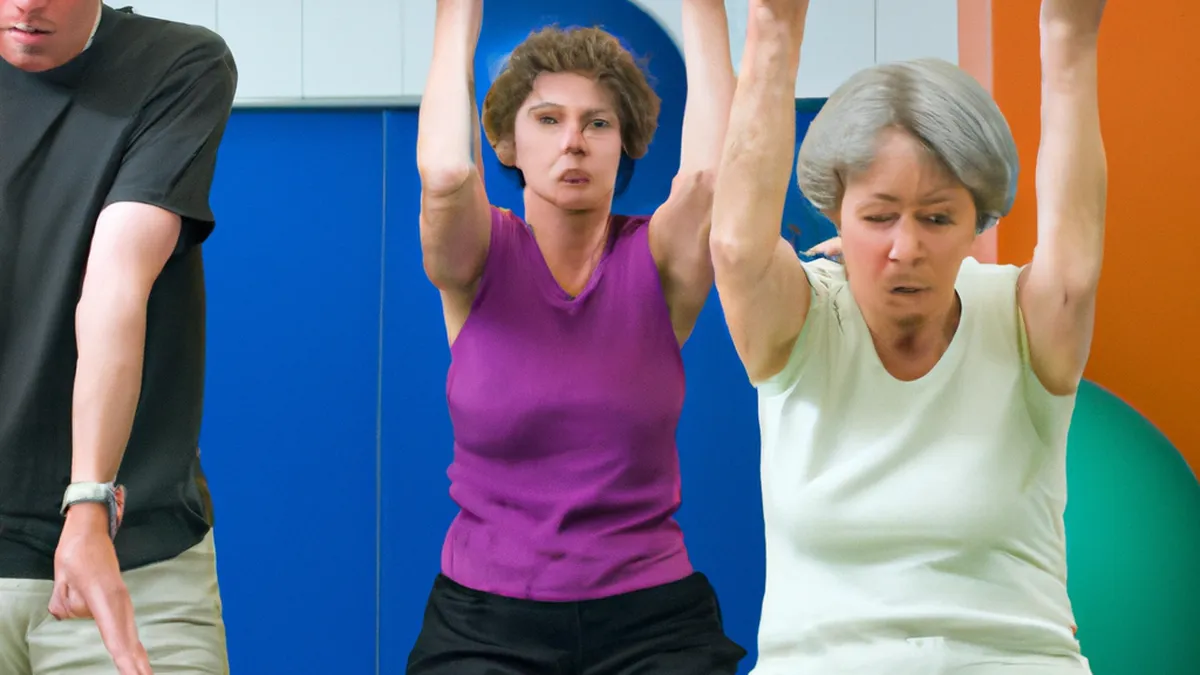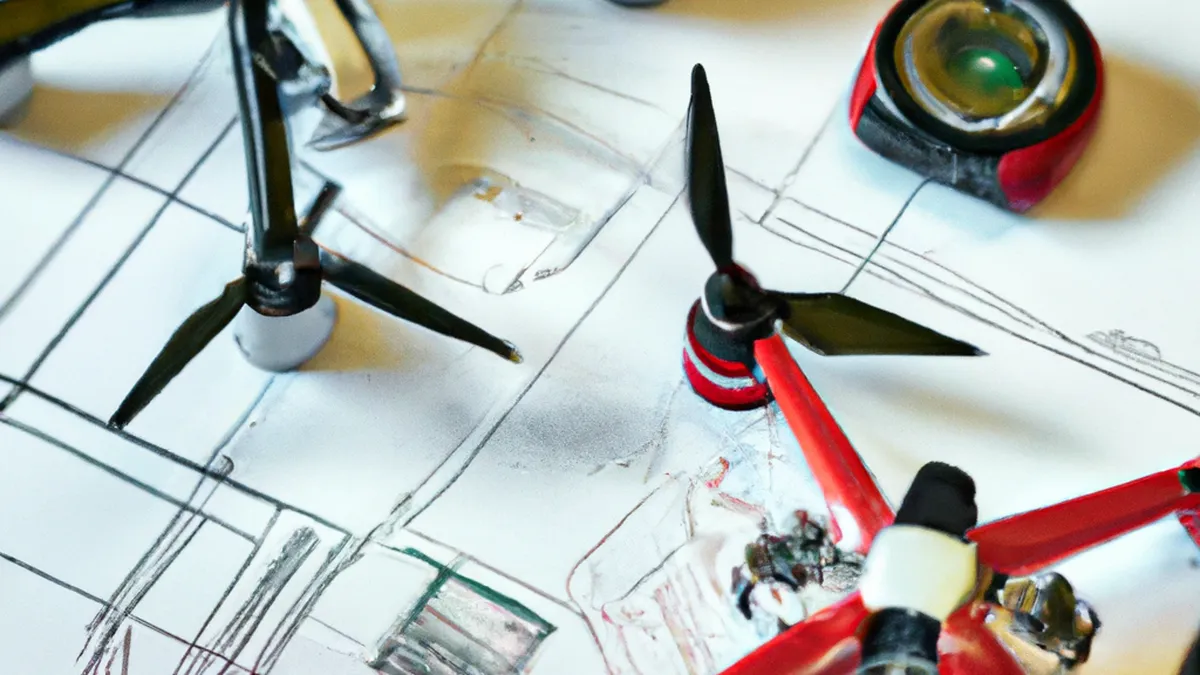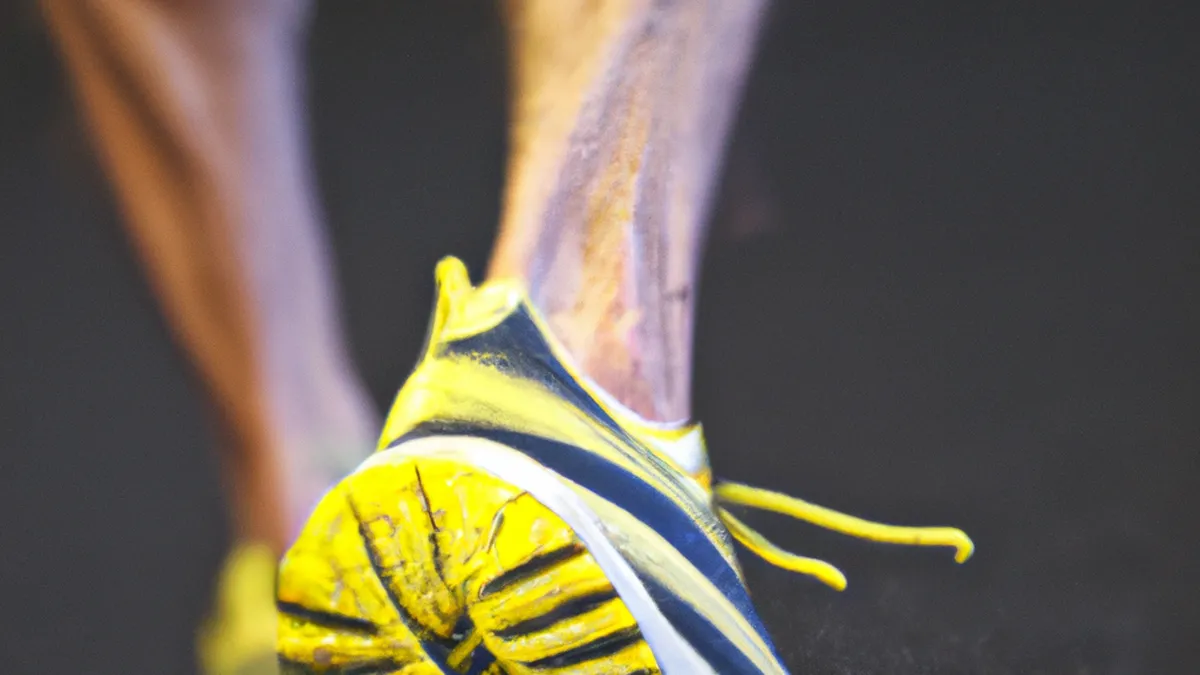Addressing Aging Athletes’ Unique Training Needs
Training Coaches on Unique Needs of Aging Athletes
As an Amazon Associate I earn from qualifying purchases.
Gear tip: consider standing desk balance board, desk cycle and insulated water bottle to support this workout.
As the population ages, more athletes over 50 compete in sports. This trend highlights the need to understand aging athletes. Coaches play a crucial role in helping these athletes perform well and stay healthy. This blog explores how to train coaches to support aging athletes better.
Understanding Aging Athletes
Aging athletes face different challenges than younger competitors. Their bodies change, affecting strength, flexibility, and recovery. Coaches must recognize these changes to provide proper guidance. For instance, older athletes may lose muscle mass and bone density. They might also experience slower metabolism and longer recovery times.
Additionally, aging athletes often manage previous injuries. These injuries can become chronic if not properly addressed. Coaches who understand these factors can create more effective training programs. This knowledge leads to safer and more enjoyable experiences for the athletes.
Key Considerations for Coaches
Several key considerations arise when training coaches. First, emphasize personalized training plans. Each athlete is unique, and their plans should reflect individual goals and limitations. Coaches must assess each athlete’s fitness level and medical history. They can then tailor programs to suit their needs.
Second, encourage coaches to promote injury prevention strategies. Aging athletes are more prone to injuries. Coaches should incorporate flexibility and strength training into their routines. These exercises maintain balance and coordination, reducing fall and injury risks.
Lastly, educate coaches on the psychological aspects of aging athletes. Many older athletes have experience but may worry about their capabilities. Coaches should foster a positive environment that encourages confidence. This support helps aging athletes push their limits while feeling secure.
Tips for Training Coaches
Training coaches on the unique needs of aging athletes requires a structured approach. Here are some tips to enhance their understanding:
1. **Provide Educational Workshops:** Offer workshops focused on aging physiology. Invite experts in sports medicine and gerontology to share knowledge. This way, coaches gain insights into aging athletes’ needs.
2. **Encourage Communication:** Foster open communication between coaches and athletes. Encourage coaches to ask about their athletes’ concerns and limitations. This dialogue builds trust and ensures athletes feel heard.
3. **Utilize Technology:** Introduce coaches to technology that aids training. Wearable devices track performance and monitor vital signs. This data helps coaches adjust training programs effectively.
4. **Create Support Networks:** Establish a support network for coaches. Connect them with seasoned professionals experienced in coaching aging athletes. Learning from others’ experiences fosters growth and knowledge sharing.
Advice for Supporting Aging Athletes
Coaches can implement several strategies to support aging athletes better. First, focus on gradual progression. Aging athletes may need time to adapt to new training regimens. Encourage coaches to increase intensity and volume slowly. This approach prevents injuries and promotes long-term success.
Second, emphasize recovery strategies. Aging athletes benefit from adequate rest and recovery. Encourage coaches to incorporate rest days and active recovery sessions into training plans. This practice enhances performance and reduces fatigue.
Lastly, promote cross-training. Encourage coaches to include various activities in their programs. Swimming, cycling, and yoga improve overall fitness while reducing joint impact. Cross-training also prevents burnout and keeps training enjoyable.
Benefits of Targeted Coaching
Training coaches to understand aging athletes’ unique needs offers numerous benefits. First, it enhances athlete performance. When coaches tailor programs to individual needs, athletes achieve their goals more effectively. Improved performance leads to greater satisfaction and continued sports participation.
Second, targeted coaching promotes safety. Coaches who understand risks can implement injury prevention strategies. This focus helps athletes stay healthy and engaged in their sports.
Finally, effective coaching fosters a sense of community. Aging athletes often feel isolated in their pursuits. Coaches who create inclusive environments encourage social interaction and support. This sense of belonging enhances the overall experience for aging athletes.
Conclusion
In conclusion, training coaches on the unique needs of aging athletes is essential. Understanding their challenges helps create personalized training programs. Coaches can promote injury prevention, recovery, and confidence. By supporting aging athletes, coaches enhance performance and foster community. Embracing these strategies leads to a healthier, more fulfilling experience for everyone involved.
Below are related products based on this post:
FAQ
What are the unique challenges that aging athletes face compared to younger competitors?
Aging athletes experience changes in their bodies that affect strength, flexibility, and recovery. They may lose muscle mass and bone density, have slower metabolism, and require longer recovery times. Additionally, they often manage previous injuries that can become chronic if not addressed properly.
How can coaches tailor training programs for aging athletes?
Coaches can create personalized training plans by assessing each athlete’s fitness level and medical history. Emphasizing injury prevention strategies, including flexibility and strength training, is crucial. Coaches should also focus on gradual progression, ensuring that intensity and volume increase slowly to prevent injuries.
What role does psychological support play in coaching aging athletes?
Psychological support is vital as many older athletes may worry about their capabilities despite their experience. Coaches should foster a positive environment that encourages confidence and open communication. This support helps aging athletes feel secure and motivated to push their limits.















Post Comment